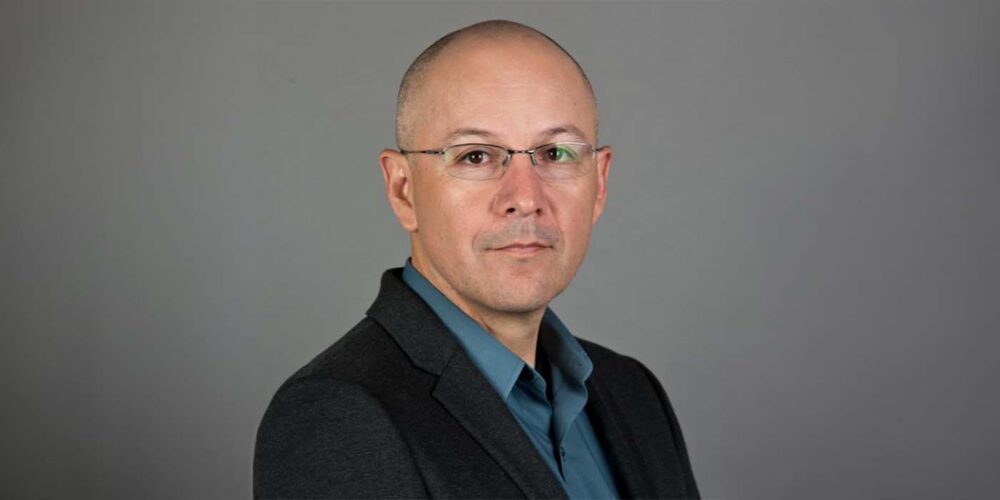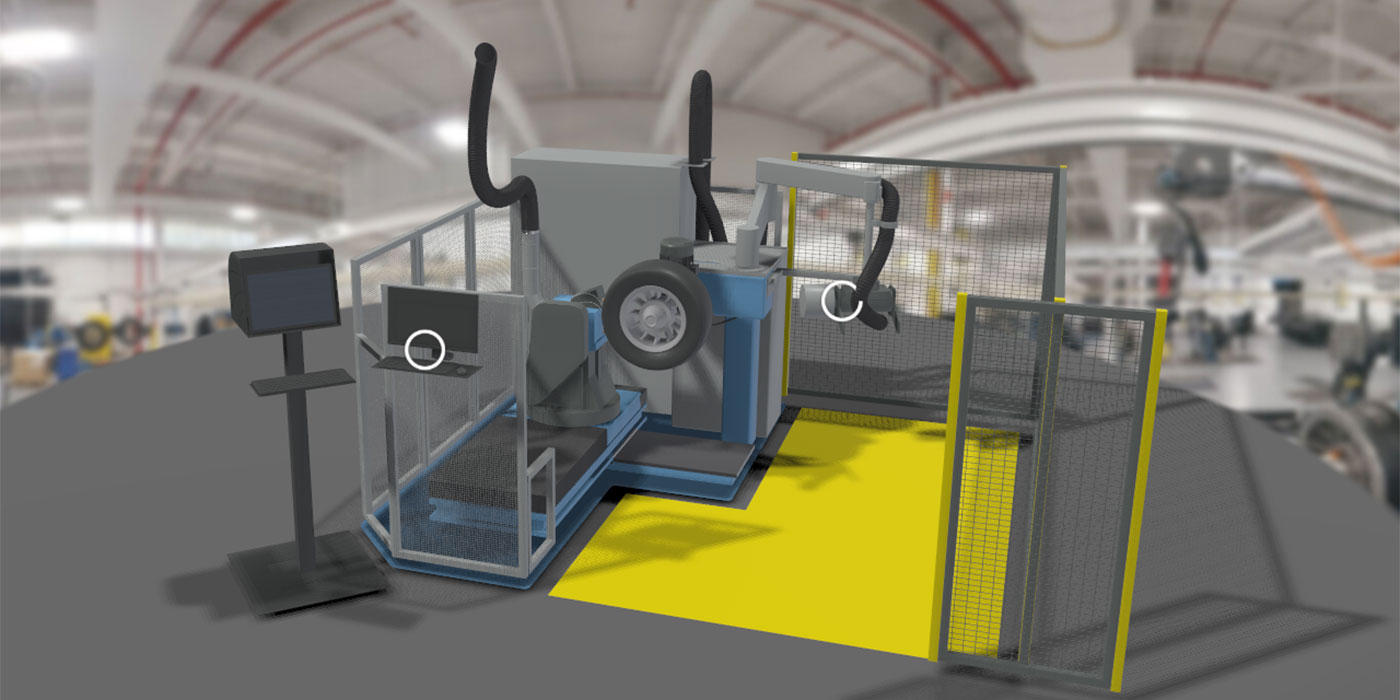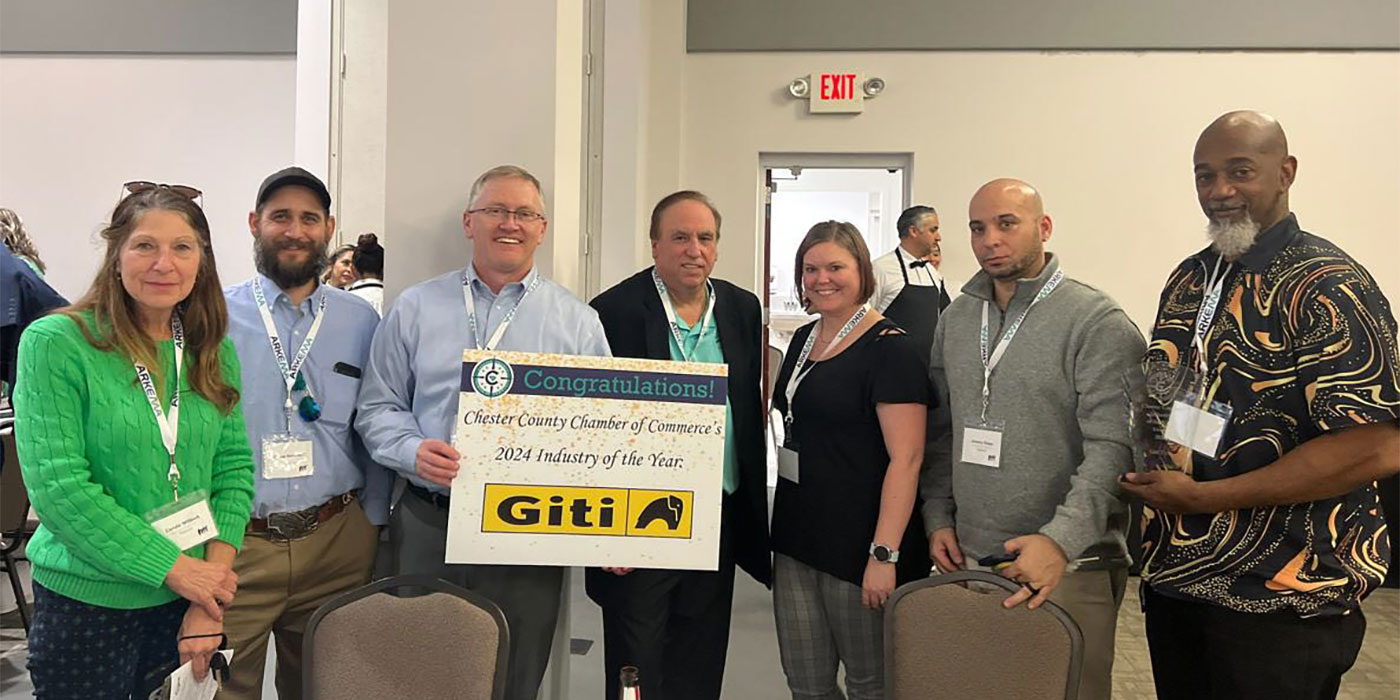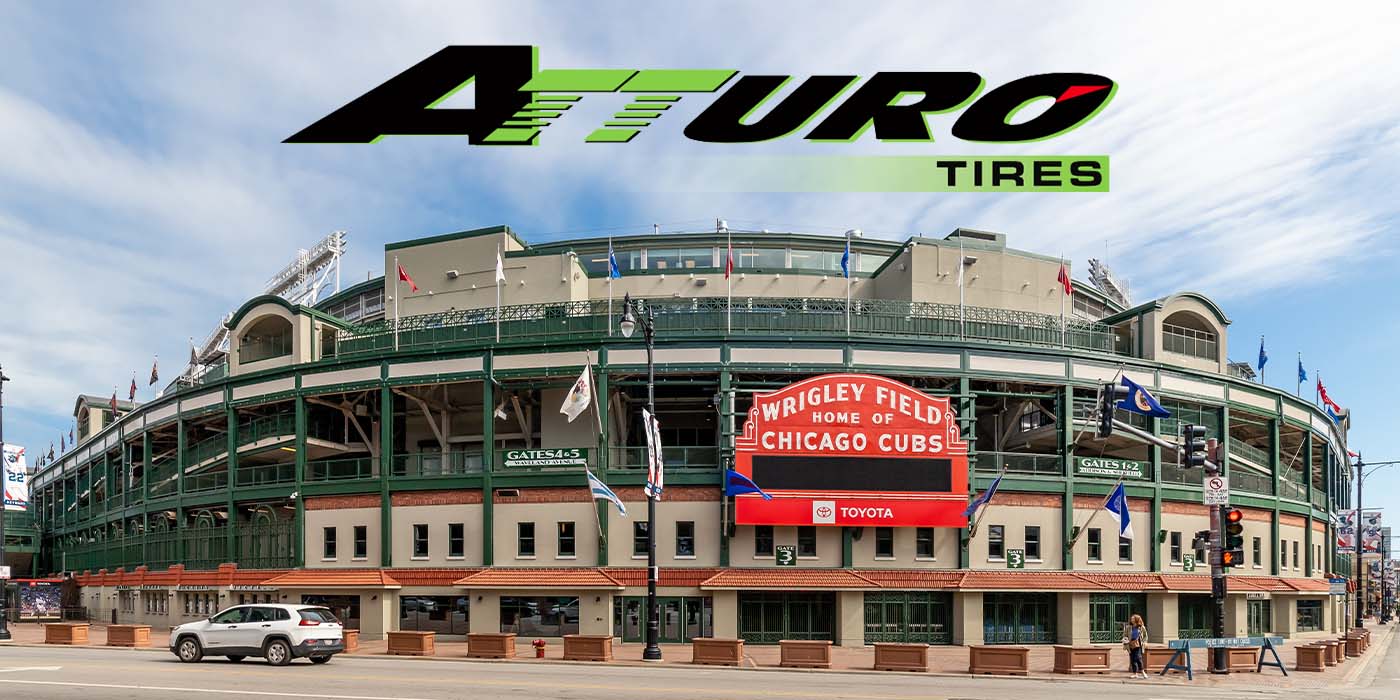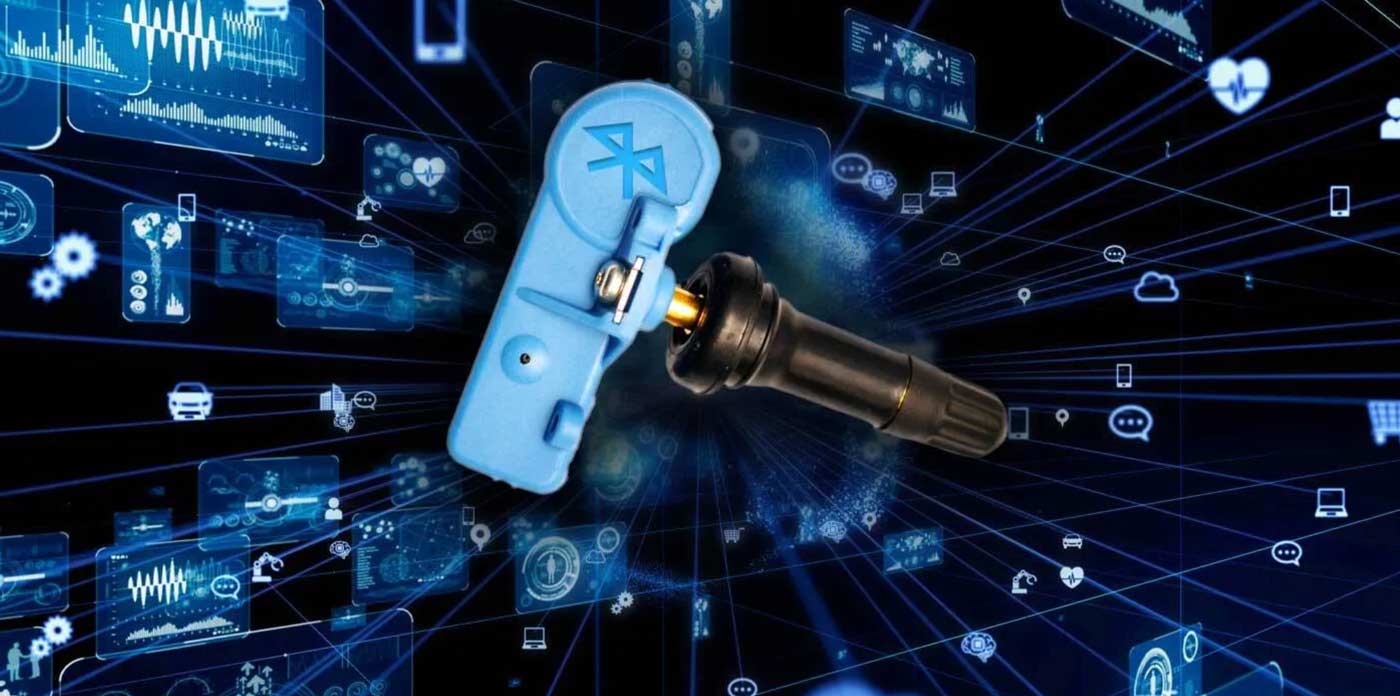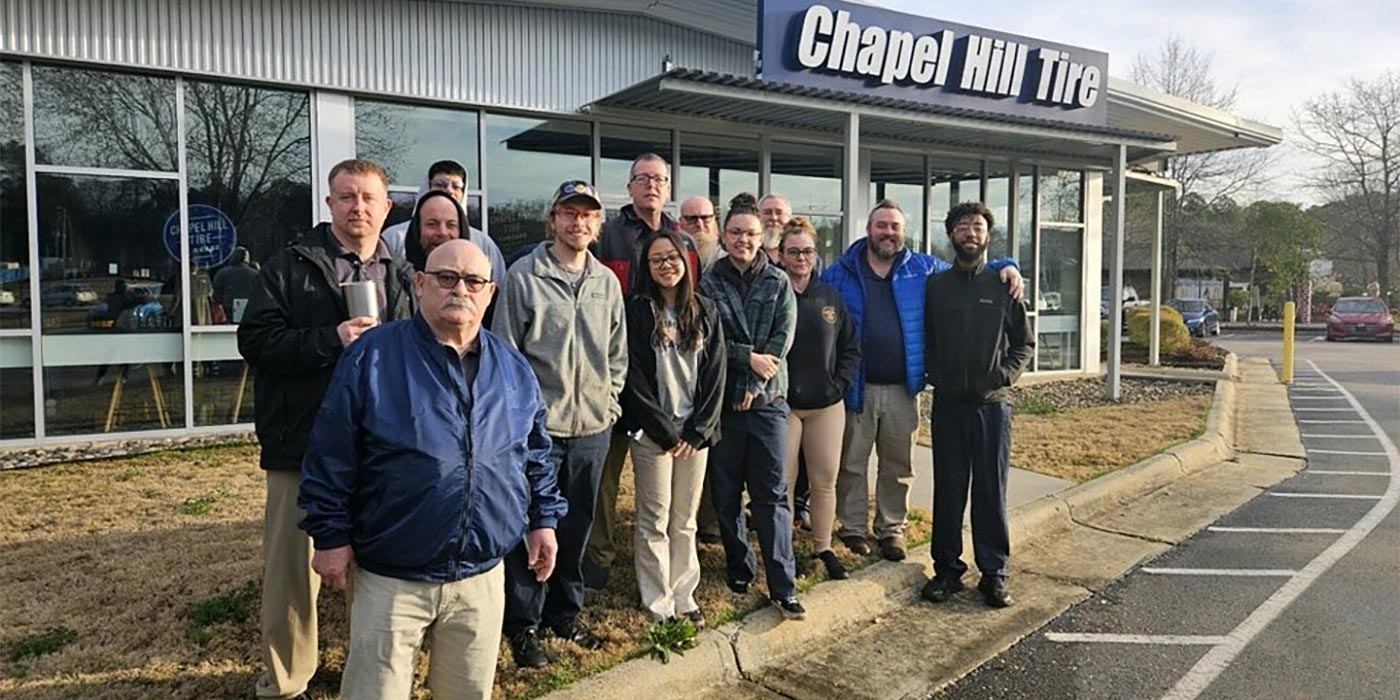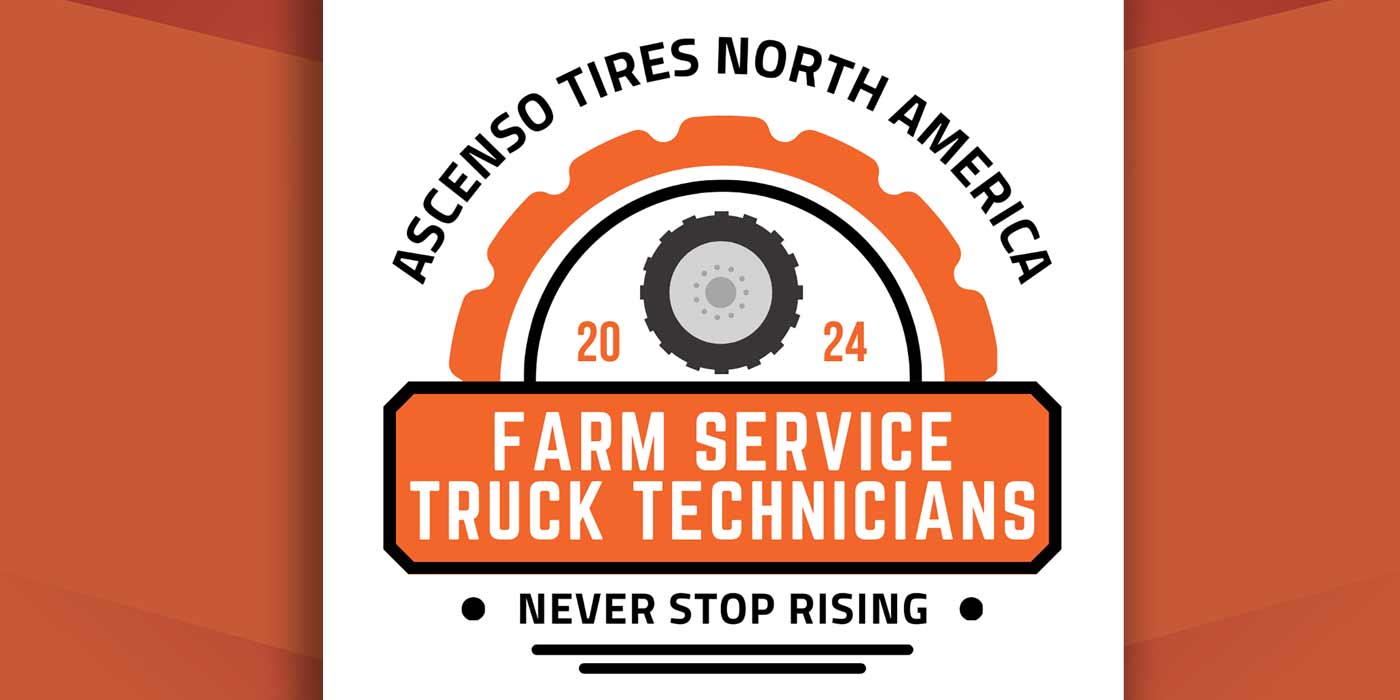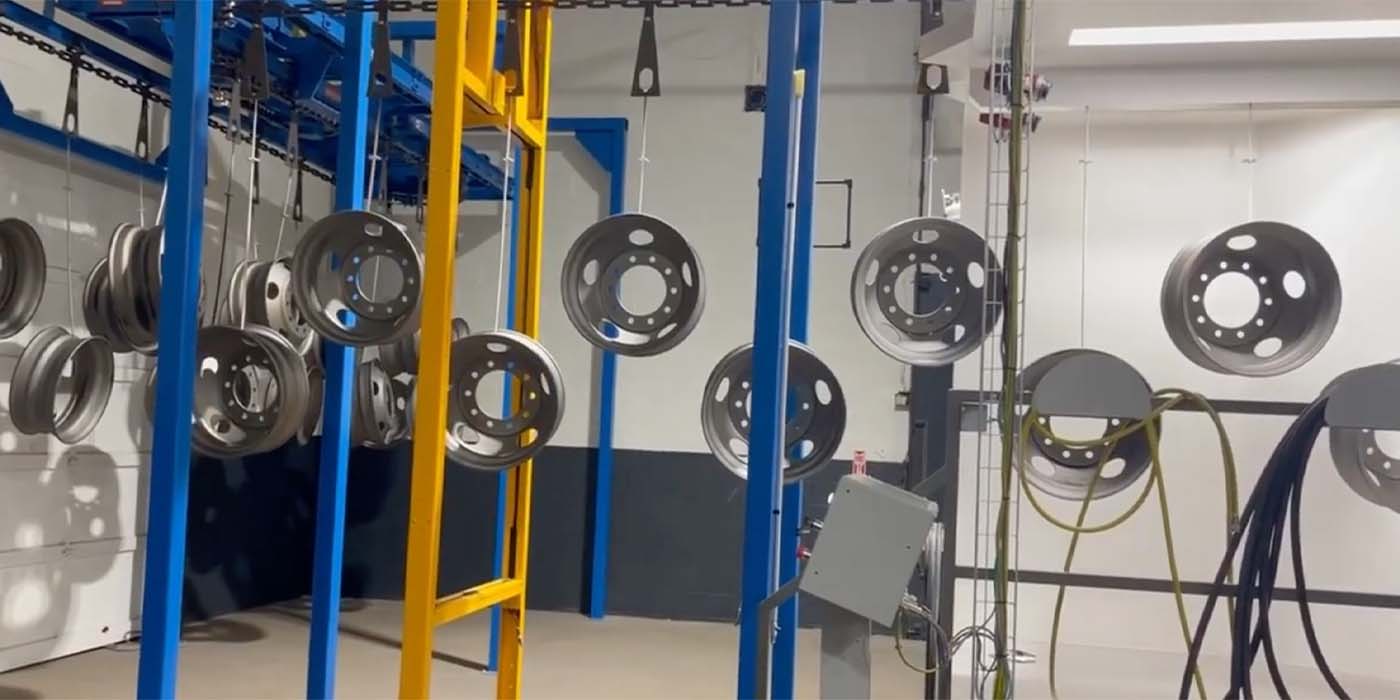Although the real-world value of ASE certification continues to be an on-going debate, I found myself signing up for still another series of ASE recertification tests this year. 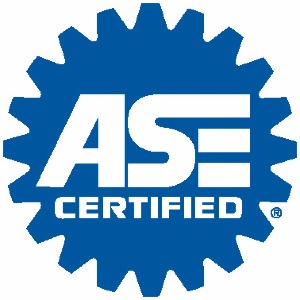
Truthfully, I’ve lost count of the number of recert tests I’ve taken since 1973, which was the first year I signed up for the first four of eight skill areas in the auto technician’s certification tests.
For me, there’s never been any question of the value of ASE testing. During the fall of 1972, I had just signed a contract to teach auto technicians for our local community college. Needless to say, it was a busy year for me and, although the National Institute for Automotive Service Excellence (NIASE) had just been founded and was offering its first series of technician certification tests, I simply didn’t have time to choose between NIASE and two other organizations doing competency testing.
But the following year, I determined that the NIASE was likely to be the most viable and I spent the next two years certifying in all eight skill areas of the NIASE series. In addition, I also began teaching NIASE refresher courses for certification. Most of my students who were working during the day passed their tests with flying colors. The ones going to day-time classes and didn’t have real-world experience struggled with the tests. This trend proved to me that NIASE was testing real-world knowledge and thinking skills.
As the years wore on, NIASE shortened its acronym to ASE and expanded into other areas of automotive certification, such as automotive parts specialist and the various diesel engine and heavy-duty truck certification tests, all of which brings me back to the real-world value of ASE testing.
When my students began studying for their ASE tests, I found that they were taking what educational psychologists of the time called a “preparatory set.” In other words, these students were studying, not to become better students, but to become “real” auto technicians. The difference in preparatory set was that each student developed more intellectual curiosity and became more dedicated to achieving professional status.
ASE had set the bar, now it was up to the students to acquire the technical knowledge and real-world expertise needed to pole-vault over that bar. Many did so, but with test scores that kept them humble. But earning their ASE certificates caused them to develop learning habits that would follow them through the rest of their professional lives.
My teaching partner and I reinforced that desire for professional excellence by encouraging our automotive students to take more math, science and business courses at the college. The more academics they learned, the more professional and the more intellectually aware they became. That effort, coupled with our program’s standards for personal appearance and conduct served many of those students well in their future years.
In the real world, the automotive service industry in the U.S. is an industry with no threshold professional standards. In other words, anybody without the benefit of education or training is legally entitled to call him or herself an auto technician. Unfortunately for the automotive service industry, this glaring lack of professional standards has opened the door to incompetence and fraud.
We’ve all watched local television stations conduct sting operations that easily expose the levels of incompetence and fraud that exists at all levels in our industry. I recall that a few years ago a well-known television consumer affairs personality ran a sting program on a franchised brake specialty shop doing business in a major metro area.
The scenario was all too familiar: an innocent young lady drives her SUV into the brake shop where she’s greeted by a burly service adviser who opens the hood, inspects the fluid level of the brake master cylinder and announces to the young lady that “she needs all-new brakes or she’s likely to have a very serious accident.” Of course, the SUV’s brakes were brand new and looking at the fluid level in the master cylinder is not a valid determinant of brake wear or condition.
So, regardless of the efforts of many organizations like ASE, public opinion becomes negative and the automotive service industry suffers as a result.
By now, we understand that in the real world, ASE certification doesn’t make all ASE-certified technicians honest and doesn’t guarantee a good repair job. But that caveat follows in all other credentialed professions, whether it’s a doctor, lawyer, building contractor or plumber.
However, in our current labor market, ASE certification does establish a point of professional reference. First, a technician has either taken the time and trouble to become ASE certified or he hasn’t. For industry activists like me, achieving ASE certification indicates that a person is striving to become a professional in his trade.
Of course, the argument has been made against “book learning” and paper tests. But I served on the 1999 ASE A8 test workshop committee and I can guarantee that all of those participants had the real-world qualifications required to write test questions, analyze the results and re-write those questions when necessary.
Some technicians claim that hands-on testing is more valid than paper testing. When I taught many years ago, I took a government-sponsored hands-on test and the results were disastrous. Why? Because too many variables were involved in hands-on testing. If the person being tested wasn’t perfectly familiar with the equipment or the vehicle being tested, it counted heavily against them. In addition, if the test wasn’t perfectly designed, it was very easy for different technicians to arrive at well-founded, but completely different conclusions.
A paper or computer-based skills test is like a good job interview. An experienced interviewer knows that an experienced technician will know the answers to a few well-chosen questions. The ASE tests similarly look for a technician who understands how things work and who has the logical and critical thinking skills needed to solve common problems. Those technicians do well, whereas those who rely on technical hearsay and diagnostic short-cuts don’t do well.
When I was taking the A1 through A8 auto technician’s recertification tests, I had one friend on the International Automotive Technician’s Network (iATN) ask me why, at my age, was I was spending the money to take tests. My answer was pretty simple. First, I write many business and technical columns like this and I think that ASE certification should be part of my qualifications to do that. Second, I still do mobile diagnostic work for other shops and, here again, I think the ASE Certified Master Auto Mechanic (CMAT) and the L-1 Advanced Engine Performance certification are a vital part of my professional portfolio.
And then there’s the purely business aspects of being ASE-certified. ASE certification has given me documented credibility I needed when I’ve served as a professional witness in court. Similarly, my ASE certifications have given me credibility with auto insurance companies when processing claims. And, if you haven’t noticed, some engine remanufacturers won’t warranty an engine unless the technician is ASE certified. Credibility is becoming the name of our game and ASE certification goes a long way for us to prove who we are and what we know.
While I don’t think that any test can establish a level of excellence, I do think that ASE establishes a documented minimum competency for anybody who wishes to work in automotive mechanical, collision, and parts distribution services.
Because we have technicians repairing vehicles that routinely exceed $40,000 in value, it’s doubly important to establish a basic level of competency via ASE testing before that technician is allowed to service these expensive and complicated vehicles. To many, it’s an intellectual challenge to do that.
To me, it’s just a matter of common sense.





